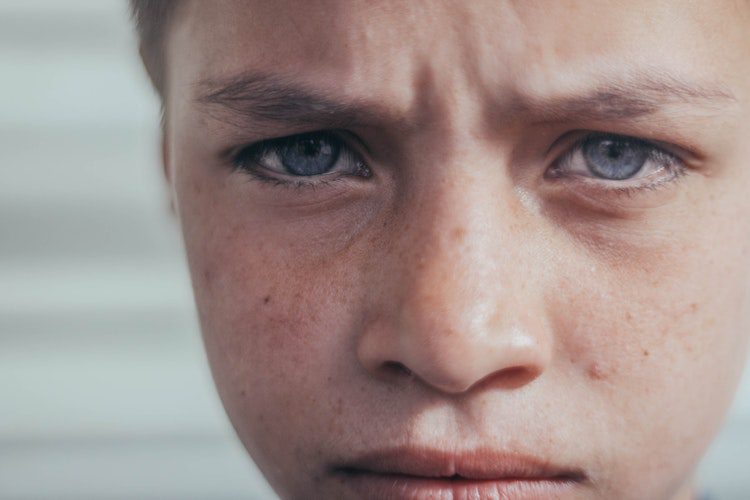Misconceptions about mental health are very common in the United States, especially surrounding children and teenagers. It is important to recognize that these myths are inaccurate and potentially even dangerous.
Myth #1: Chronic Sadness in Children Will Go Away on its Own.
Many adults believe that children who are depressed will just “get over it” in time. Much like adult depression, however, pediatric depression can often benefit from treatment and will not necessarily go away without it.
Myth #2: Only Adults Consider or Attempt Suicide.
Suicide is the second most common cause of death for young people between the ages of 10 and 24. While depression is not the only diagnosis that can lead to suicidal thoughts, it is the most frequently linked to suicidality, so it is especially important that young people with depression be given treatment as soon as possible and that treatment continue long enough to address the problem.
Myth #3: Children Don’t Experience Mental Illness.
According to Johns Hopkins University, what many parents consider to be age-appropriate moodiness or a developmental stage may actually be a sign that a mental illness is developing. Failing to treat depression, anxiety, ADHD, and other mental health conditions can create even bigger issues for the child than if the conditions are addressed immediately.
Myth #4: If I Give My Child Meds, They Will be Instantly Cured.
While medications can go a long way in helping children, adolescents, and adults to manage their mental health symptoms, medicine alone is often not enough. Young people can also benefit from learning coping skills, developing vocabulary to talk about their feelings and symptoms, and having parents who have taken the time to learn about their diagnosis and effective parenting strategies for a child with that condition.
Myth #5: Therapy is a Waste of Time for Children.
Some parents have difficulty understanding how therapy can be helpful when all their children seem to do in therapy is play. It is important to understand that because of a child’s stage of development, play may be their best method of conveying their thoughts, feelings, and needs and might also be the best way for them to learn new coping skills and ways to express themselves.
Myth #6: If my Child is Diagnosed with a Mental Illness, They Won’t be Employable.
Around 20 percent of Americans struggle with a mental health condition each year. The vast majority of them are able to work full-time and to live full, productive lives.
Myth #7: Once Someone is Diagnosed with a Mental Illness, They Will Suffer From it Forever.
People who receive treatment for mental health issues generally show improvement and some recovery entirely, showing no symptoms whatsoever. If, however, treatment is delayed or does not occur, symptoms are more likely to grow and become debilitating.
Myth #8: Children Diagnosed with Mental Illnesses are Just Undisciplined.
Adults tend to believe that children with mental health conditions are just “bad” kids or kids who haven’t been parented properly. But mental health diagnoses in children aren’t caused by bad parenting or a defective personality. Blaming children for their conditions can lead them to believe that they are unlovable, worthless, or bad, which only makes the conditions worse.
Myth #9: A Young Person Just needs to use Willpower to Overcome Mental Illness.
Parents are sometimes mistakenly led to believe that if their child just tries hard enough, they can move past their mental health condition without the use of pills or therapeutic interventions. It is important for parents to realize that just as it is not possible to will oneself healthy from diabetes or asthma, a child cannot simply will themselves to be in better control of their mental health. A proper course of treatment is essential to helping the child obtain the highest possible level of mental wellness.
Myth #10: Children Diagnosed with a Mental Health Condition Will Outgrow it in Time.
Half of adults who struggle with mental illness had some level of onset for the condition by the time they reached 14 years of age. If there are signs of a potential problem, early diagnosis and treatment is the best way to ensure that the condition is manageable in adulthood.
If you have questions about pediatric mental health, the professionals at Highland Hospital in Charleston, WV, are happy to share their knowledge and guide you to appropriate resources.






